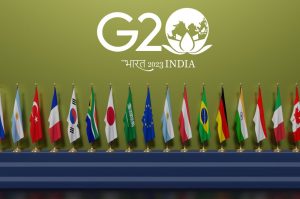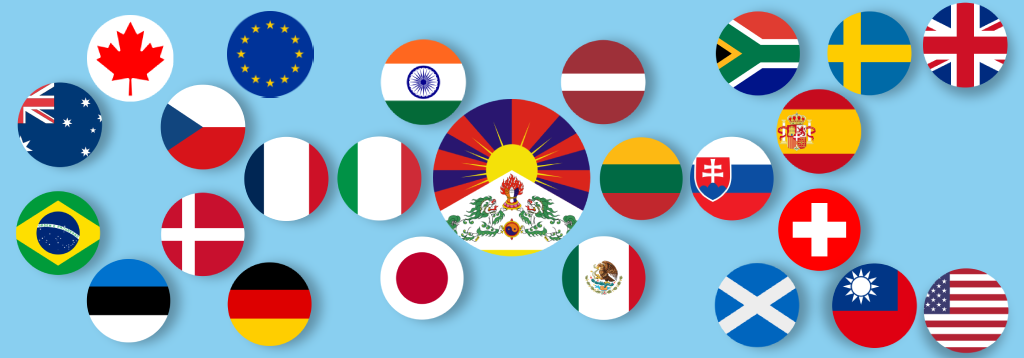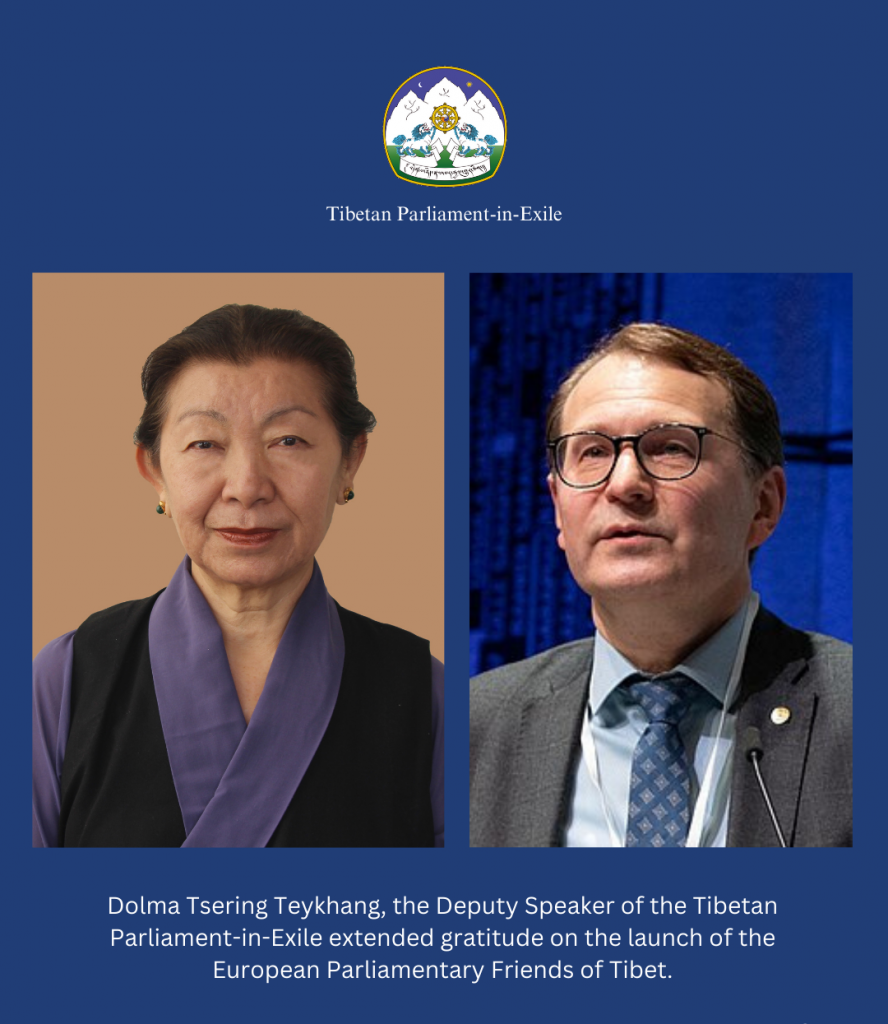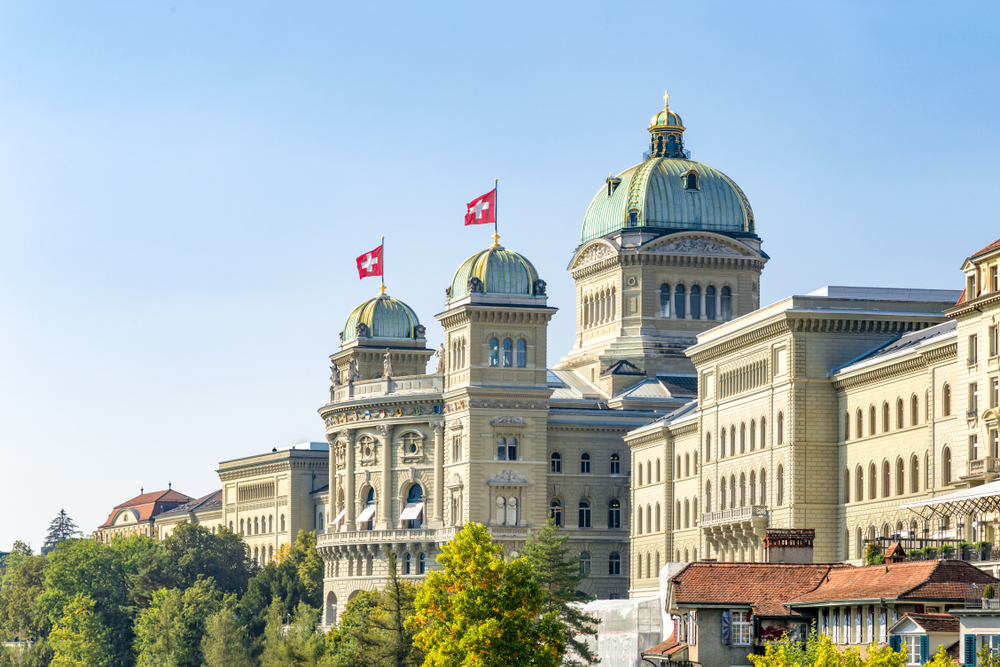
Dharamshala: Khenpo Sonam Tenphel, the Speaker of the Tibetan Parliament-in-Exile, wrote to the leaders of the G-20 or the Group of Twenty – an intergovernmental forum comprising 19 countries and the European Union, to bring their attention to Tibet and urged with 10-point appeal.
The Speaker wrote, “As the 17th Tibetan Parliament-in-Exile, the democratically elected leaders in exile and the representatives of over six million Tibetans, both within Tibet and in exile, we would like to extend our heartiest congratulation to India for holding this year G20 presidency and all the other members of G20 countries for successfully engaging in the forum.”
“However, we would like to take this opportunity to bring to the attention of Honorable Delegates and the observers of G20 Countries, the pressing issues faced by the Tibetan people under the Chinese communist regime. The Tibetan people have been traumatized by the systematic violations of their most fundamental human rights, threat to their distinct cultural and national identity, massive environmental destruction and indiscriminate exploitation of mineral, water and forest resources which led to the destruction of entire Tibetan Plateau also impacting the world climate at large since the People’s Republic of China (PRC) invaded Tibet in 1949.”
“Tibet serve as a major source of river systems in Asia that flows through almost 10 countries including India, Pakistan, Bangladesh and most of the Southeast Asian countries including China itself. Ever since the occupation, China has been building dams to control the flow of these waters and the consequences of this environmental interference is directly felt by these respective countries. The cascading effects of the climate crisis due to the destruction of Tibet’s environment have become more pressing each and every day.”
“Historically Tibet was an independent nation having a defined territory, distinct population, governments and maintained diplomatic relations with its neighboring countries. Geographically Tibet existed as a buffer state for more than two thousand years between two Asian Giants, India and China until its illegal occupation by China in 1959.”
“Tibet has again been ranked as the least-free country in the world this year in the World 2023 Freedom Index Report of the Freedom House for the third consecutive year. Last year, UN human rights experts expressed serious concern over the large-scale colonial boarding schools in Tibet rampantly being implemented on a massive scale and referred to it as a way “to assimilate Tibetans into majority Han culture, contrary to international human rights standards”. Likewise, the forced mass DNA sample collection of Tibetans including kindergarten children is an intrusive securitization measure under the authoritarian surveillance regime to instill fear and wrest control of all aspects of public and private life of the Tibetan people.”
“As a result of the brutal policies imposed by the PRC government, the Tibetan people have been driven to express their anguish with endless series of peaceful protests and expressing utter desperation by resorting to self-immolation and over the years there have been 157 known cases since February 2009. These Tibetans have unanimously called for the return of His Holiness the Dalai Lama to Tibet and restoration of freedom to the Tibetan people. Despite facing brutal suppression under the Chinese communist government, the Tibetan people have endured the last 74 years of Chinese colonial occupation with peaceful resistance. Our resilience and commitment to nonviolence under the guidance of His Holiness the great 14th Dalai Lama serve as an inspiration for others in the world seeking freedom and justice. As such, it is critical that our status and rights as Tibetan people are recognized and reaffirmed, and that our call for a peaceful resolution is supported and strengthened. Similarly, Uyghurs, Southern Mongolian and Hongkongers are facing repression, cultural assimilation, gross human rights violations and undue persecution at the hands of the Chinese communist regime.”
“In order to resolve the Tibet-China conflict on the basis of the Middle Way Policy, the Central Tibetan Administration (CTA) has made every effort to initiate a series of confidence-building measures during the nine rounds of talks which took place between 2002 and 2010. Since 2010, no dialogue has taken place with the PRC and the ball is entirely in their court. Nevertheless, the CTA is open and firmly committed to dialogue and negotiation to resolve the Tibet-China conflict in the best interest of both the Tibetan and Chinese people through the Middle Way Policy.”
“In addition, we believe that implicitly or explicitly recognizing China’s annexation of Tibet and not holding China’s government accountable for denying the Tibetan people the exercise of its right to self-determination, undercuts efforts to uphold international law and the rules-based order China is actively trying to replace. Similarly, continuing to appease China in relation to Tibet, as many governments have done, emboldens China to press territorial claims elsewhere, mostly using false or misleading historical narratives similar to those it uses to justify its claim to Tibet. The political trajectory from Deng’s presidency to the Xi era debunks the notion that as the PRC progresses economically, it will naturally become more liberal, and that somehow in the 21st century, great powers will not act on their primal urges to dominate. The failure of the engagement strategies has been closely followed by the failure of the appeasement policy as revealed by China’s increasingly expansionist and belligerent policies.”
“Therefore, we believe that the occupation of Tibet is a cause of concern for the world. Tibet is but one example of what happens when a powerful country becomes a major economic player on the world stage and how the world sacrifices human beings by turning away from the abuses and bullies this super power commits. Hence, in view of these circumstances we propose the following appeals to all the G20 members and urge you to:
- Recognize Tibet as an occupied nation with its own independent and sovereign past, backed by historical evidence.
- Desist from endorsing China’s false narrative by labeling Tibetans as a minority, referring to Tibet’s occupation as an internal issue of Beijing, and proclaiming Tibet as a part of China thereby, aiding China’s colonization of Tibet and the subjugation of Tibetans while denying us Tibetans the space and scope to negotiate for more meaningful freedom for Tibetans.
- Call on the People’s Republic of China to re-engage in substantive dialogue with the representatives of His Holiness the Dalai Lama without preconditions to resolve the Tibet-China conflict through the Middle Way Policy of seeking genuine and meaningful autonomy within the framework of the PRC’s constitution.
- Call upon the United Nations Framework Convention on Climate Change (UNFCC) to launch scientific research studies on the PRC government policies of exploitation of Tibet’s natural resources and its negative impact on global climate change.
- Pressure China to ensure access to independent human rights organizations to monitor and report on the human rights situation, and likewise extend standing invitations to UN Special Rapporteurs, in particular those focusing on freedoms of opinion and expression, peaceful assembly and association, and human rights defenders, facilitating their visits to Tibet as soon as possible.
- Urge the PRC government to unconditionally release all Tibetan political prisoners including Gedhun Choekyi Nyima, the 11th Panchen Lama, whose whereabouts and wellbeing remains unknown since 17 May 1995.
- Place the human rights situation in Tibet in the context of the nature of the Tibet-China conflict as international and unresolved. Join the world leaders in displaying concern over human rights violations and religious repression in Tibet and urge the governments to adopt a Magnitsky Act to put Chinese officials on the national list of sanctions.
- Establish a national legislative framework to tackle China’s networked authoritarianism and disinformation campaign which causes public mistrust in democratic institutions, political polarization, and threatens regional and global geopolitical stability and peace.
- Expand and deepen your official and diplomatic engagements with the Central Tibetan Administration—which is the continuation of the former government of independent Tibet in Lhasa—as the legitimate representative of the Tibetan people.
- To call upon China for an end to forced relocations and colonial boarding school system, and cessation of Mass DNA collection of Tibetans in Tibet.
We remain immensely grateful to all the members of G20 and people of their country for standing for Tibet, for standing for truth, and for keeping alive our faith in peace and justice.”









